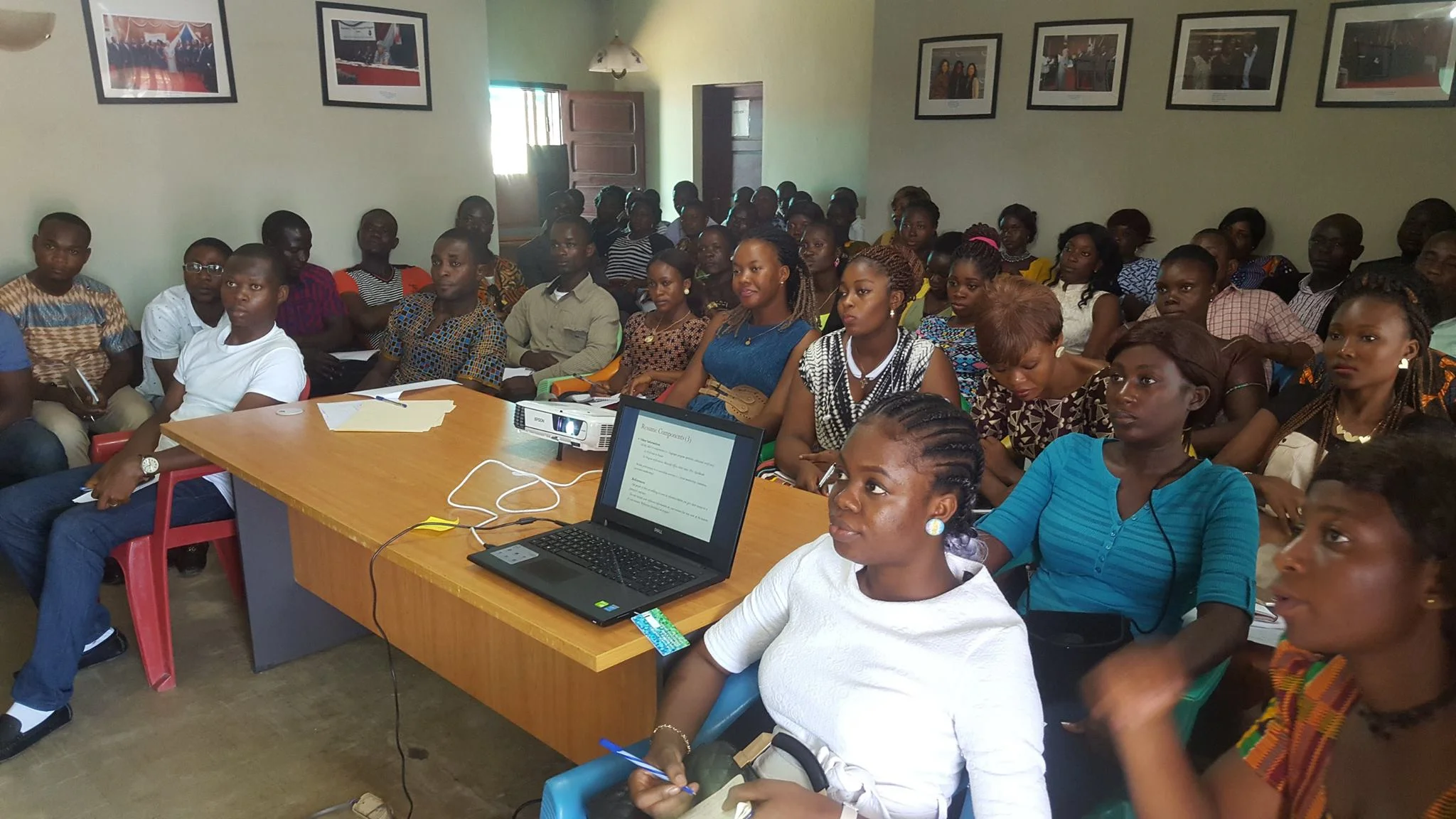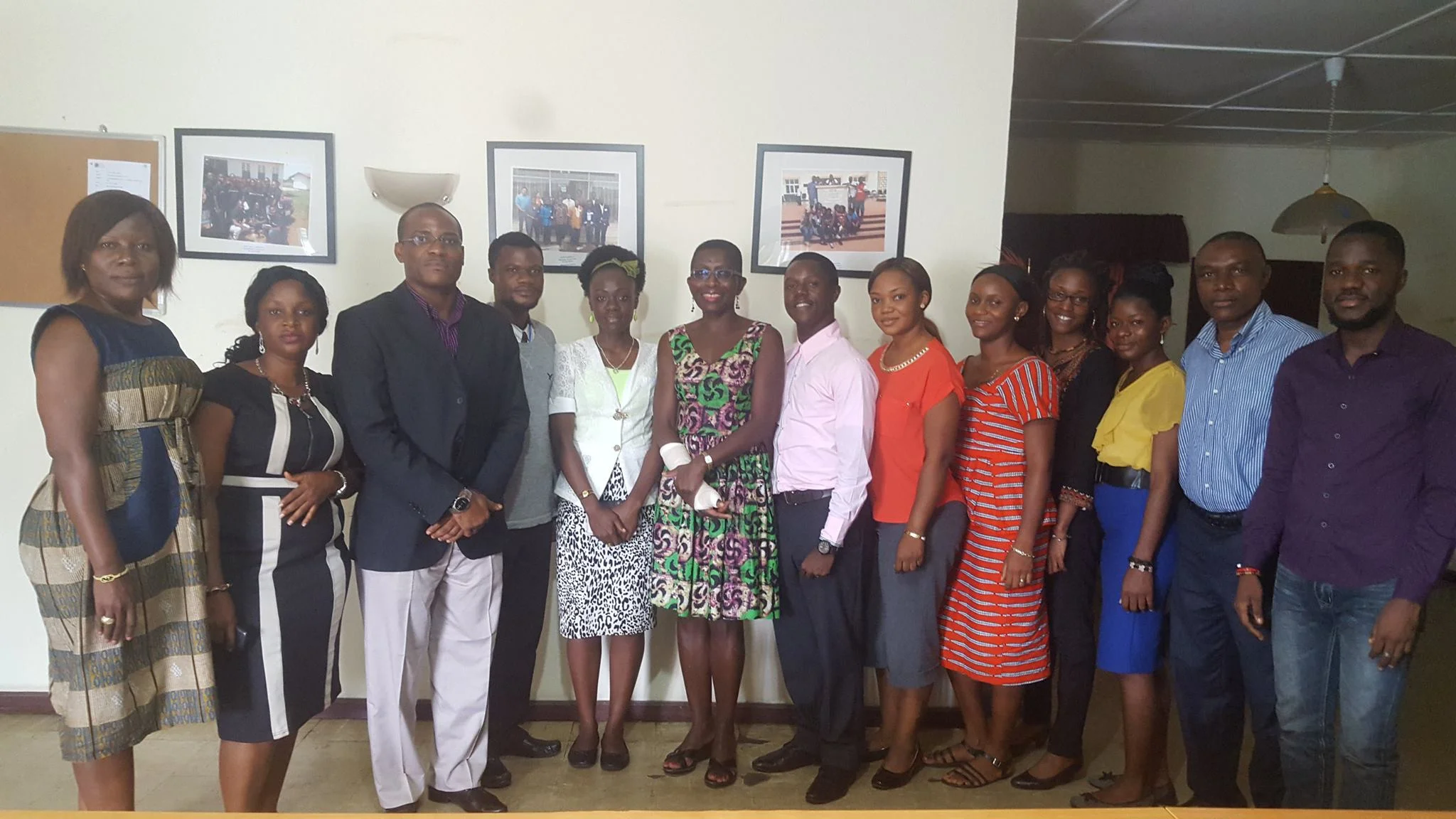our story
When the PYPP first started in 2009, Liberians doubted that a civil service program for young professionals could make a difference in Liberia. Young people were viewed as a problem that Liberia needed to solve, and government was seen as a broken institution.
Following 14 years of civil war that ended in 2003, Liberian government capacity was heavily damaged and allegedly dominated by corruption, making a career in civil service unappealing. The civil wars also severely disrupted the country’s educational system, making it near impossible to find talented young professionals to step up even if they had wanted to.
Liberia has been on strong growth trajectory since then, overcoming signicant shocks and continuing impressive improvements in health, education, becoming one of the world’s fastest growing countries and showing dramatic public health improvements under a strong government system. As PYPs strengthen the capacity of 15 ministries and 10 agencies in the Government of Liberia today, they are accelerating a government-level shift towards the values of strong leadership, transparency, and meritocracy – all of which will strengthen the country’s public sector capacity for decades to come.
In January 2018 Liberia again celebrated an historic democratic transition of power with the election of President Weah. As Liberia continues its path towards development and economic growth, PYPP with a network of +100 alumni continue the important mission of supporting and accelerating the governments agenda and goals.
SIAFA HAGE
Mentor and Former Scott Fellow
I have cherished my time mentoring my PYPs and continue to support them whenever I am called upon. But, the time is quickly approaching when the tables will turn and mentors will be seeking support from PYPP graduates.
For me, this has already happened. Recently, I needed help navigating through the bureaucracy of a particular ministry. My first instinct was to call a PYP graduate working in the ministry involved. She was able to guide me through the bureaucratic process and help me achieve my goal.
As I watched her interact with her colleagues, I was impressed by the level of authority and respect she garnered within the ministry. No doubt, the values, skills and mentorship that she received during the program gave her the requisite skills needed to be a leader within her organization.




